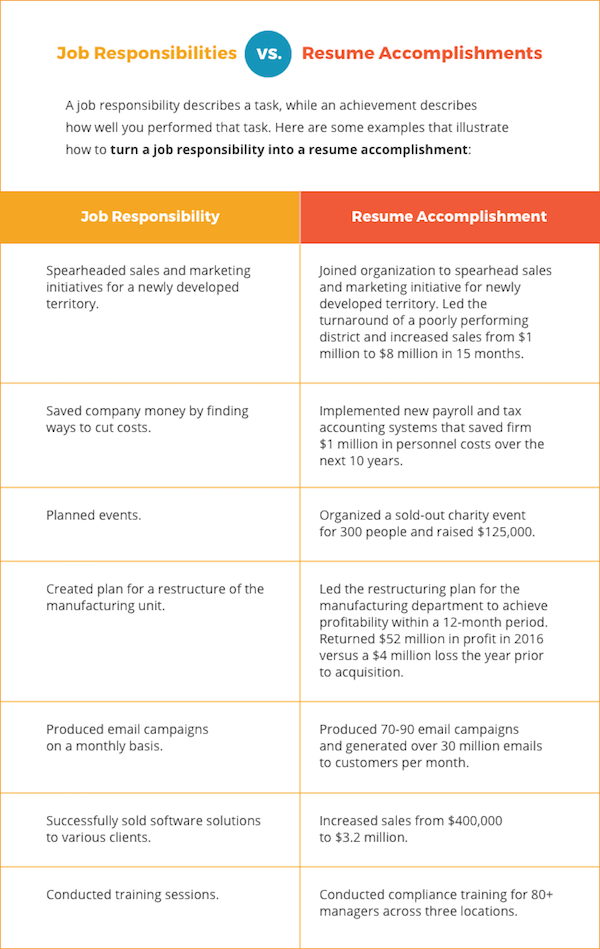I don’t think anyone enjoys writing a resume (well of course professional CV writers). They can feel like pointless exercises in self-glorification at best, and an exercise of fine art. Looking for a new job is a full-time job on its own so you will need to have a carefully crafted document you can use as a supporting tool for your personal brand. To avoid the lengthy job-hunting process, your resume needs to have the ‘wow’ factor. It needs to hook the employer and make them want to know more about you. Read on for my tips to success!
Resume Writing:
How to write a winning CV
Contact Information
Place your contact information at the top of your resume; it should be the first thing the employer sees. Your name should be at the very top and should stand out. You might make your name larger in font and bolder than the rest of your resume. Ensure you have a professional email address, your LinkedIn profile url and your phone number. Depending on the location you are in, you may need to include if you have a valid driving license, your DOB and your visa status.
2. Executive Summary
Writing a winning executive resume summary will require a bit of work and reflection, but as a proven leader, you’re not afraid of a challenge, right? This will also be a valuable exercise as you prepare to update the rest of your resume and put your best foot forward in interviews. Having a clear understanding of your true value and most relevant accomplishments will inevitably serve you well throughout your job search. Cross- check your resume to ensure it contains these keywords and demonstrates how well you deliver in these areas through your major achievements. Go through your resume with a fine-tooth comb keeping these criteria in mind and if the content doesn’t address it you need to cull, cull, cull. There is no point wasting words on irrelevant details that add no value – make sure your resume is a marketing tool to sell you. Relevance is key!
3. List your Skills
Why? As you might already know, most recruiters only need about six seconds to decide whether a resume is worth reading in full. That means you only have about six seconds to get the most important, most impressive points across. Otherwise your resume ends up in the bin.
With that in mind, having an entire section designated to your skills makes a lot of sense. After all, it’s through your skills that you can be useful to a company. By devoting an entire section to them you help the employer quickly assess if you can bring something to the table.
What’s more, your resume isn’t for human eyes only. Every larger company nowadays uses an applicant tracking system (ATS) to weed out weak candidates. Because of that, most resumes never get to a human reader.
Fortunately, your resume’s skills section can help you punch through the ATS wall.
How? One way an ATS flags a resume for closer (human) review is by scanning it for relevant keywords. Luckily, by definition, any good skills section contains a relatively large number of these keywords and can help you get invited for a job interview. Make sure you include the skills listed on the job description!
Hard Skills, are those of your skills that you’ve acquired through deliberate effort. They can be learned, taught, and measured. Examples of hard skills include: English, Spanish, HTML, Python, copywriting, data analysis, SEO, SEM, and others.
Soft skills, on the other hand, are closely tied to one’s personality traits. They arise from your previous experiences and the environment you grew up in. These could be your leadership, communication, or other interpersonal skills. As opposed to hard skills, soft skills cannot be easily taught. Examples of soft skills include: problem-solving, negotiating, multitasking, time management, presenting, and others.
4. Accomplishments
The competition for many roles is extremely high and many applicants for any given job will have similar skills and qualifications. To stand out, you need to demonstrate to the potential employer that you can do the job well. You do that by showing how you’ve made a positive impact and contribution to your employer’s business. Resume accomplishments are most powerful when you quantify them using numbers or percentages.
The simple fact of being responsible for something impressive in a past job doesn’t necessarily mean you excelled at it. An achievement-focused CV hones in on the results you got – rather than the duties you performed – to help a future employer see your potential. Many job-seekers do not include professional accomplishments, often because they base their CV purely on the job description. This is the difference between an impressive CV and one that does not stand out. Creating a CV focused on tangible strengths, as opposed to simply listing responsibilities, will help to get your CV noticed and increase your chances of securing an interview.
Consider these two examples:
‘I was responsible for the company's filing system.’
‘I streamlined the company's filing system and saved the company $5000 in temp costs
Quantify your value!
Numbers easily impress people, so the more facts and numbers you can add that demonstrate the impact you’ve made, the better. What kind of budget were you responsible for and how much money did you save or make for the company? How many people were on the team you’ve been managing, and what were they able to accomplish?
Also, whenever you add something to your resume, ask yourself, “So what?” In other words, you know how to write press releases. So what? What was the real benefit to your boss or the organization thanks to you having that skill?
For example, instead of simply writing, “created monthly client reports,” you could write, “prepared and created 30 monthly status reports to ensure clients received timely information on their campaigns’ performance.”
Trisha Chapman
Managing Partner: impressiveCV




